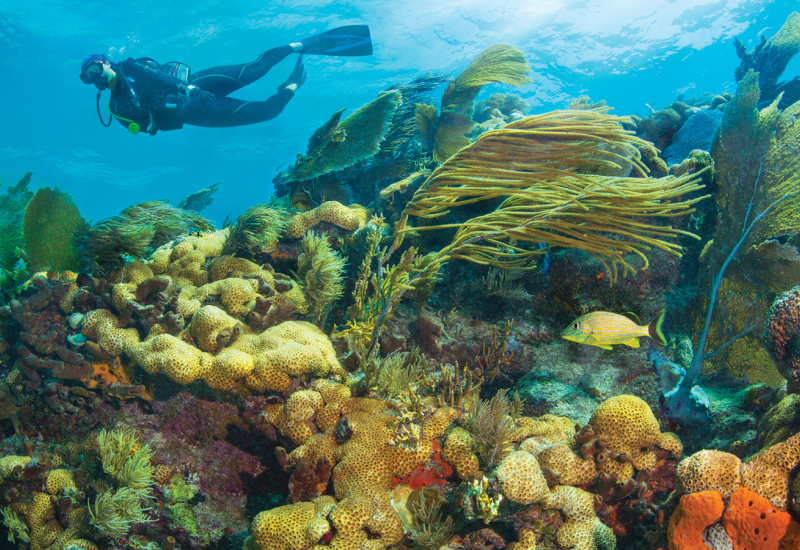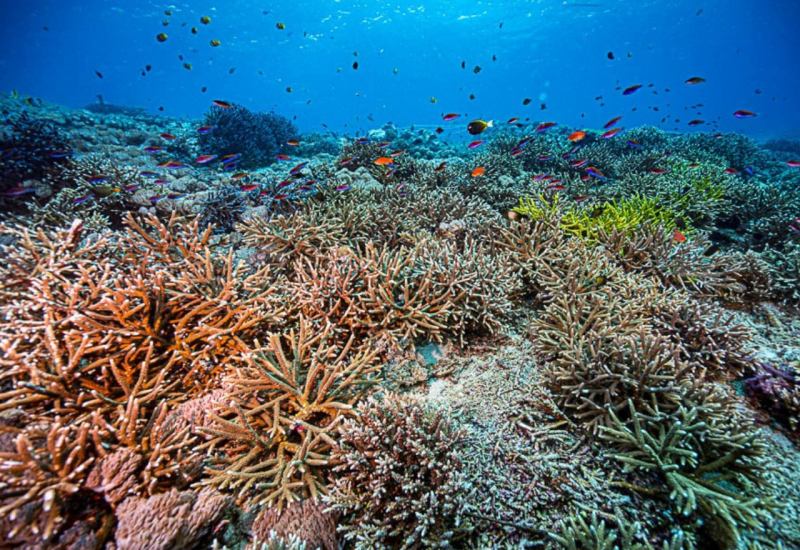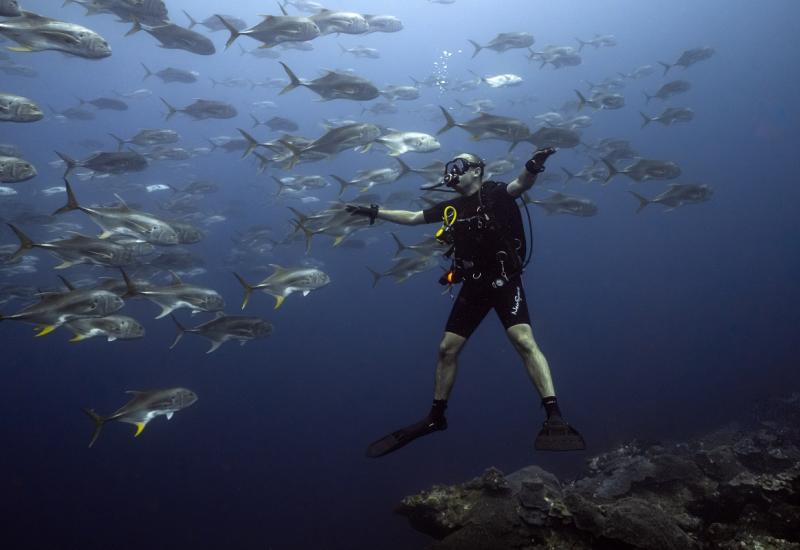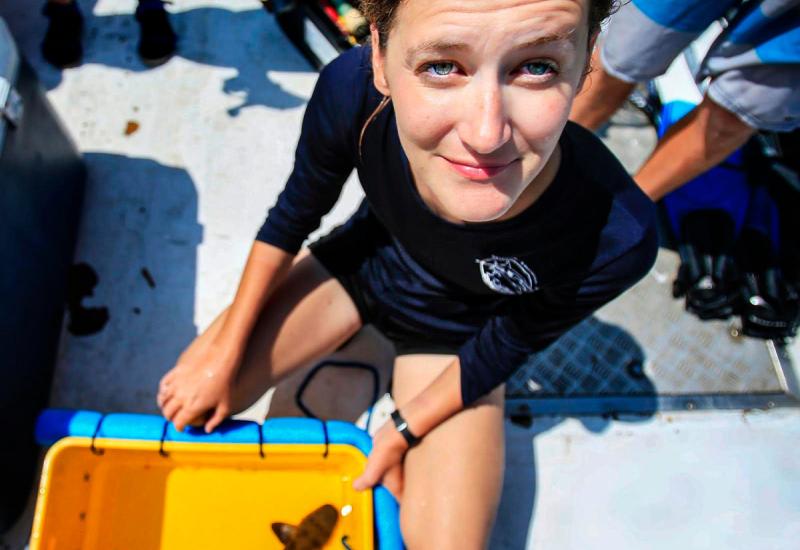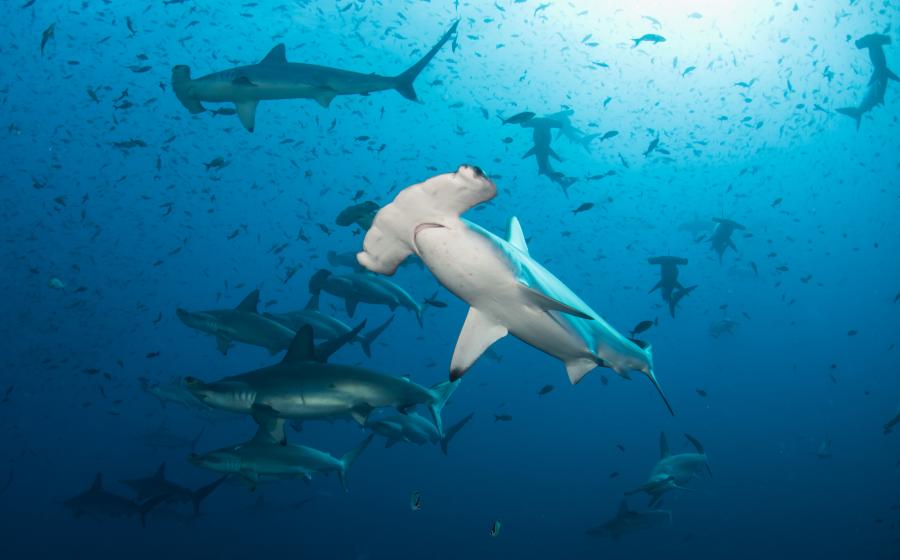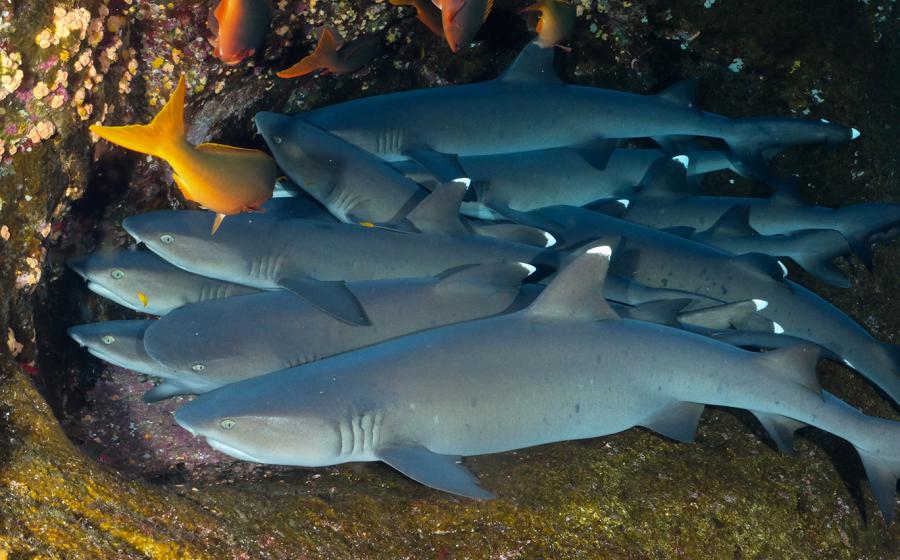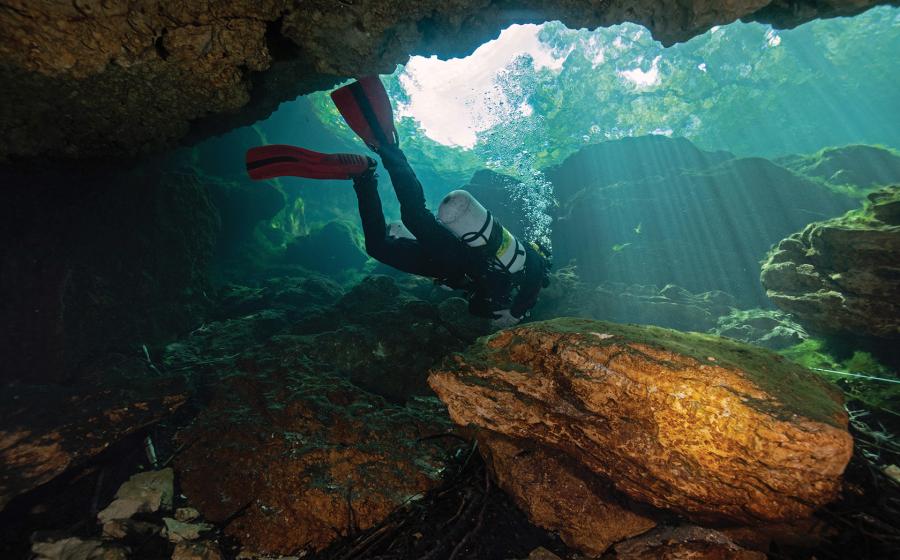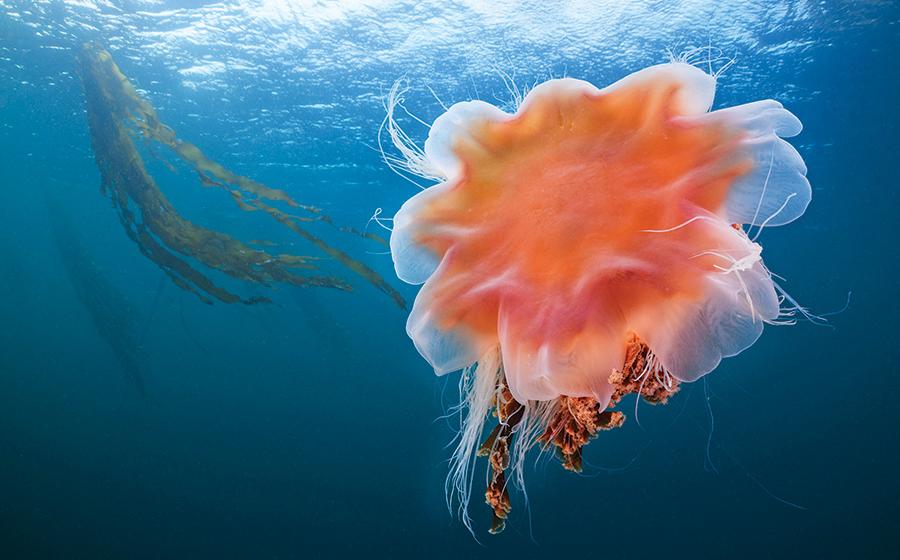On the Edge of Extinction: Protecting Manta Rays
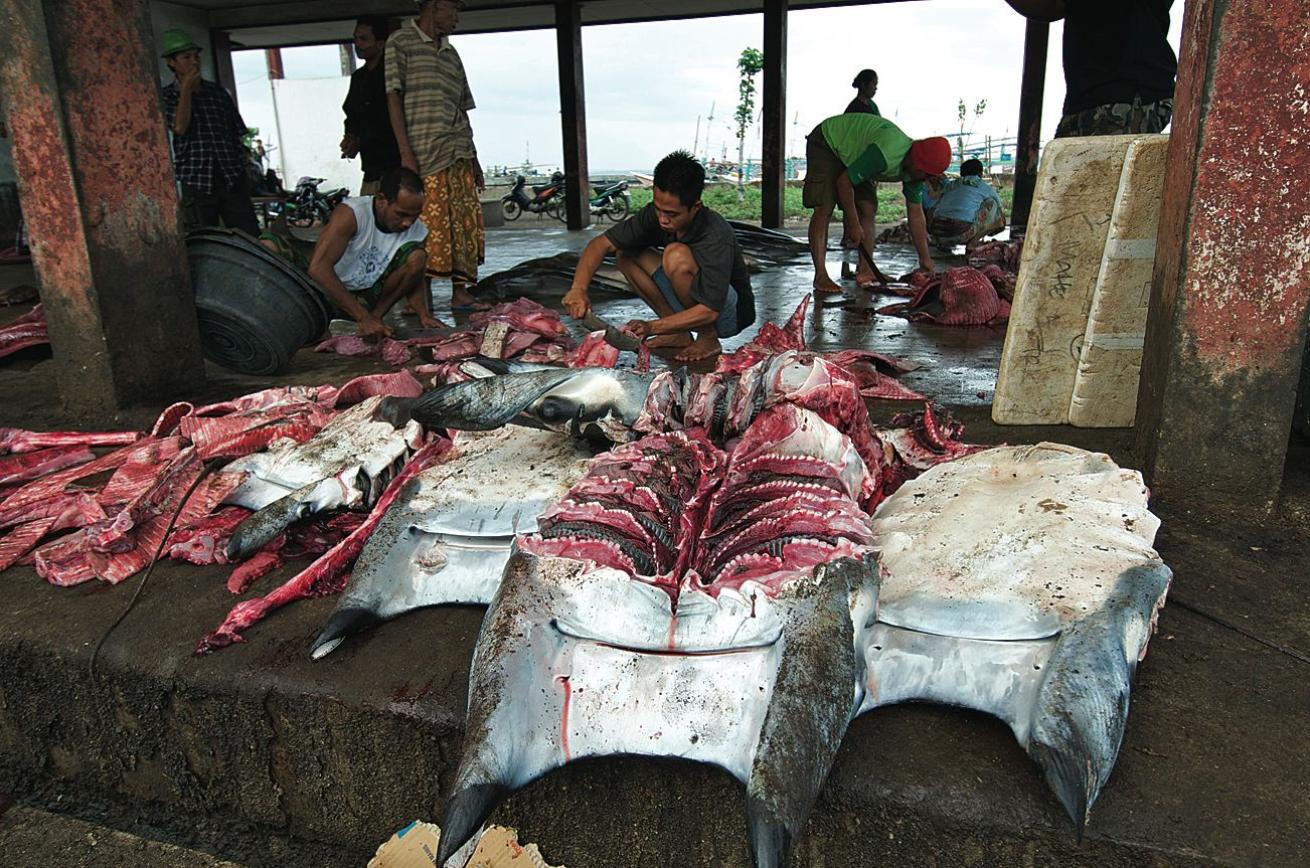
Shawn Heinrichs
It’s a grizzly, gruesome scene. Slaughtered at an alarming rate, manta rays line the streets of Asian fish markets daily — sold for their meat and gill rakers. You’ll never see so many mantas in one place, and the image will be etched into your memory for a lifetime.
With manta gill rakers — the tight-knit, feathery structures that strain plankton — fetching a one-time payout of $500 per kilogram for a pseudo-medicinal product, is it really worth the destruction? They’re easy targets. Moving in predictable aggregations and patterns, these gentle, filter-feeding creatures are being netted, trawled and harpooned to extinction. Classified as Vulnerable by the International Union for Conservation of Nature, meaning they face a high rate of extinction, mantas are subjected to unsustainable fishing pressures sparked largely by demand for use in Chinese medicine — so much so that the manta catch reported to the Food and Agriculture Organization has almost quadrupled in seven years.
Mantas, at the top of every diver’s must-see list, are estimated by the Manta Ray of Hope project to have a worldwide tourism value of $100 million per year. Yet international trade in these species poses a direct and immediate threat to their survival.
Although manta rays are protected in some countries, they migrate through unprotected waters of others. Currently, there are no comprehensive management programs for manta rays. As the global voice of the dive community, Project AWARE and our partners have succeeded in protecting mantas under the Convention on Migratory Species of Wild Animals. But we’re not stopping there. Sign our petition and make a donation at projectaware. org to support our work under the Convention on International Trade in Endangered Species of Wild Fauna and Flora (CITES), the world’s most effective wildlife conservation agreement in existence. If CITES listings are successful, interna- tional trade will be strictly controlled, giving mantas a chance at recovery.
Sign the Shark and Ray Petition here to enact change.

